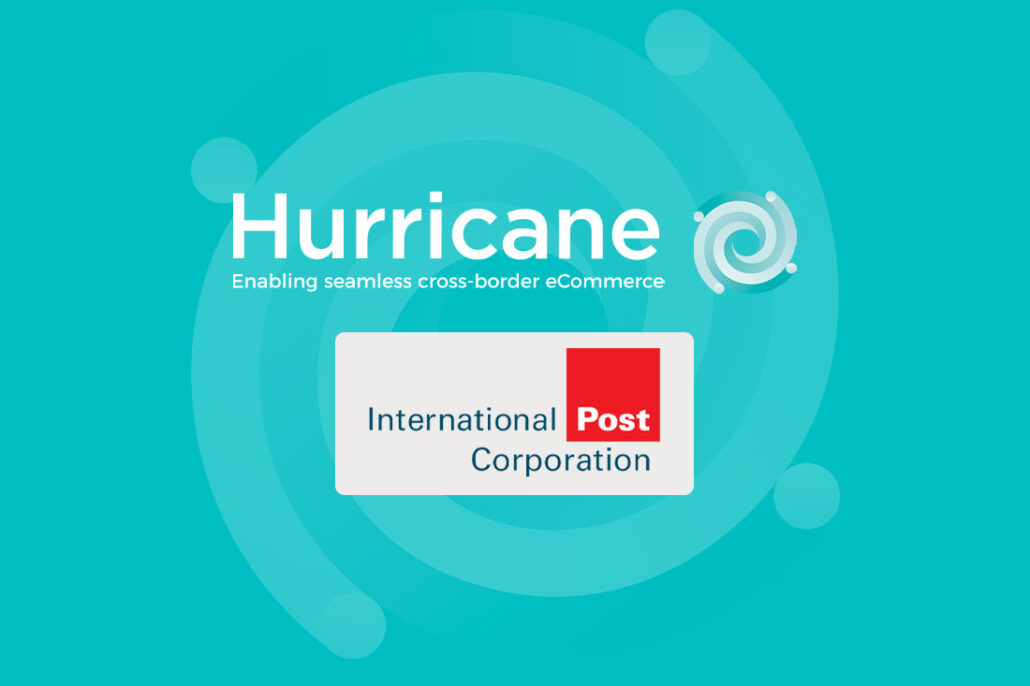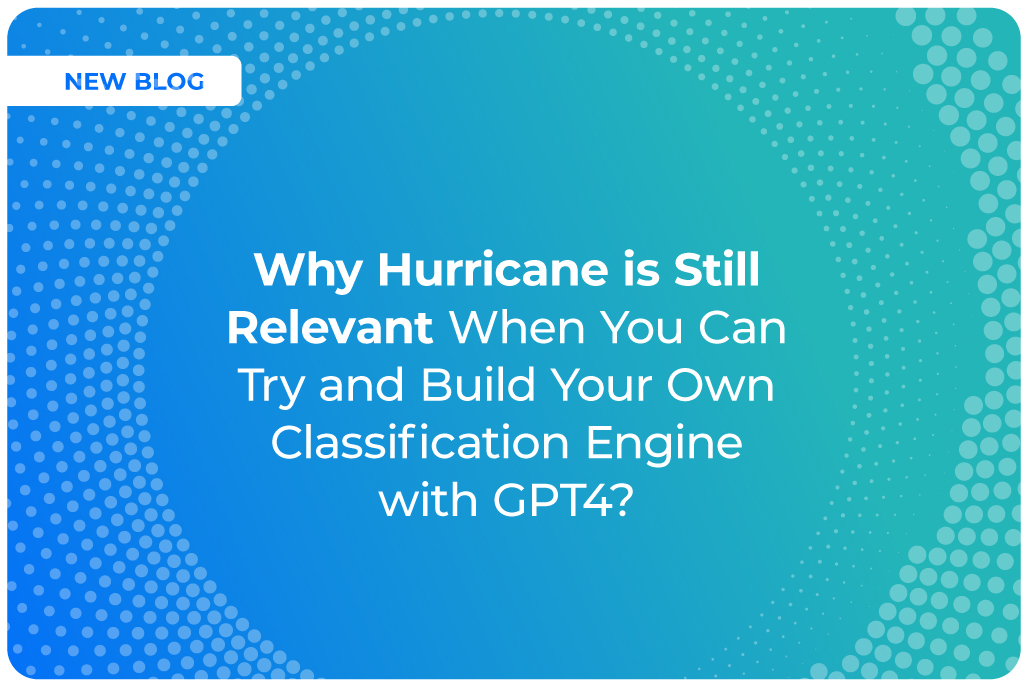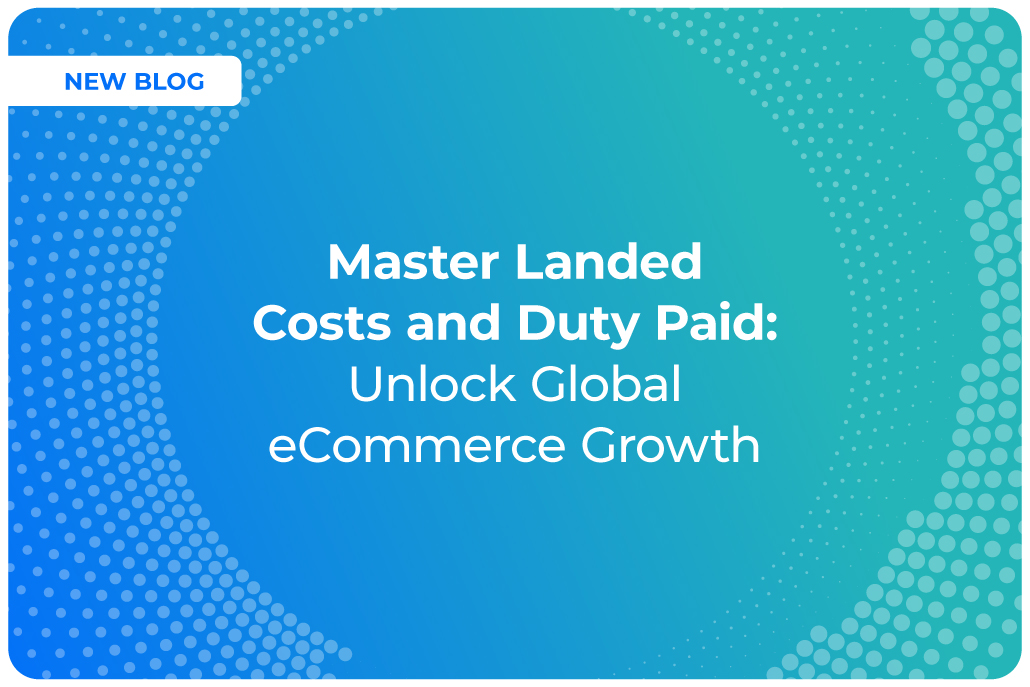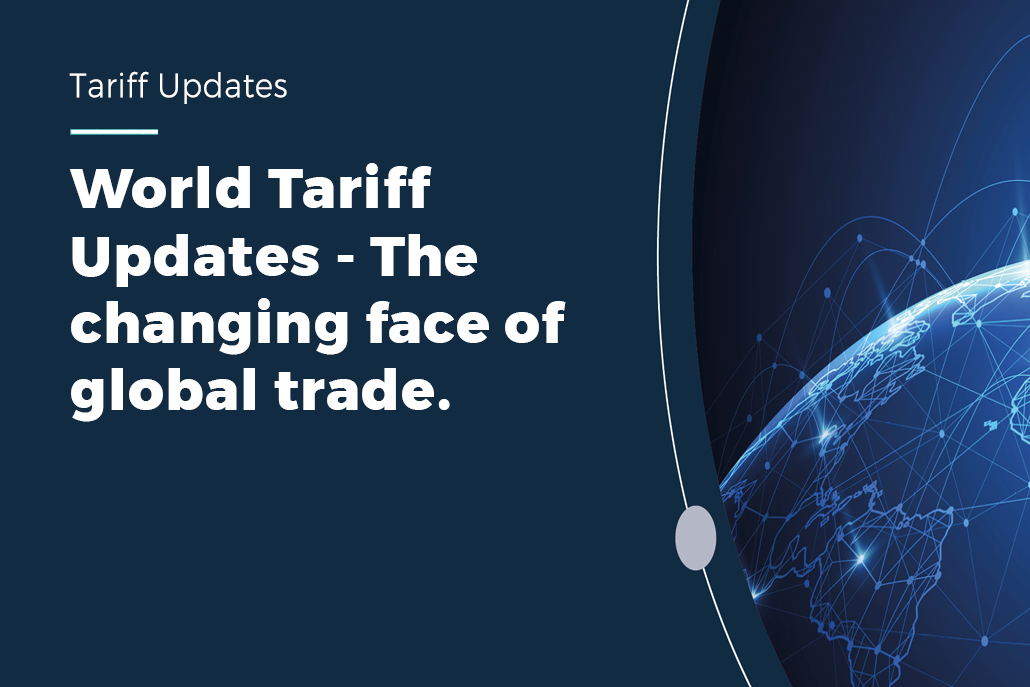A major survey of consumers in 40 countries worldwide has highlighted the impact of key regulatory events on global eCommerce.
The report, conducted by the International Post Corporation, involved 33,000 shoppers and showed that Brexit and the EU’s abolition of the VAT exemption on low-value goods had influenced consumer shopping habits.
Thirty-nine percent of respondents stated the new VAT rules have impacted their cross-border purchases, with over half stating that the value of items purchased has increased and/or that they have now pay additional custom fees compared to previous years.
The introduction of the new laws has seen a significant increase in the number of people who have had to pay eCommerce related fees, with 21% having paid import fees for purchases this year compared to 13% in 2020.
Since the increase in customs and import fees, the report has shown that China has dropped three or more percentage points from 17 of the 40 countries surveyed as the most recent country of purchase.
Overall, the appetite for online shopping, including cross-border, remained strong. The survey revealed that consumers have continued to shop regularly online, with 22% of consumers shopping online at least once a week and 79% of consumers shopping online at least once a month.
Online shoppers worldwide continued to use eCommerce giants Amazon, AliExpress and eBay to make most of their online purchases, with Amazon accounting for 26%, AliExpress 19% and eBay 10%.
Between 2019 and 2021, Wish and eBay lost significant cross-border market share, while Amazon increased in several countries.
One of the big movers is the Chinese clothing e-retailer Shein which has increased significantly from 0% in 2019 to 3% in 2021.
The IPC’s survey reinforces the requirement for postal operators, carriers and their customers to ensure that their parcels have complete and accurate shipment data. Hurricane Commerce is a partner of the IPC with our Zephyr and Aura solutions available to its members.
Complete and accurate data is the only way to ensure that customers’ parcels are able to arrive when they expect, without delays at customs, while transparency around VAT and duties payable is also key in ensuring the best possible customer experience.
Delivery speeds improved in 2021 compared to 2020, as delivery providers recovered from the impact of the Covid-19 pandemic on international logistics.
Almost half (46%) of the respondents stated that they were either “extremely or very satisfied” with the speed at which their package was delivered.
Survey respondents were asked how long their purchase took to arrive, and the most common answer was 2-3 days (17%), with 4-5 days coming in second with 16% of participants.
The returning of eCommerce shopping items rose to 14% this year, with consumers from the US (27%), Australia (25%) and the UK (24%) returning the most.
IPC’s CEO, Holger Winklbauer, said: “E-commerce has long cemented itself as the backbone of the postal industry, therefore it is vital the posts are able to understand and adapt to the ever-growing needs and concerns of its customers.”
Hurricane’s Zephyr and Aura data solutions are increasingly being adopted by both established and fast-growing posts and carriers including Australia Post, Emirates Post, SEKO eCommerce, An Post and Royal Mail. Users in China include 4PX and Yanwen.
Martyn Noble, CEO of Hurricane Commerce, said: “Postal operators and carriers recognise the huge opportunities for growth offered by cross-border eCommerce, but they also increasingly understand the role that harnessing best-in-class data technology has in providing the platform for success.
“While posts such as Emirates Post, An Post and Australia Post were early adopters of Hurricane’s technology, many other posts, of all sizes, have since selected us as their data partner of choice, as have many other logistics providers across the globe.”
For more information about the IPC’s survey visit https://www.ipc.be/news-portal/general-news/2022/01/19/13/23/ipc-survey-shows-impact-brexit-and-eu-customs-eu-changes













